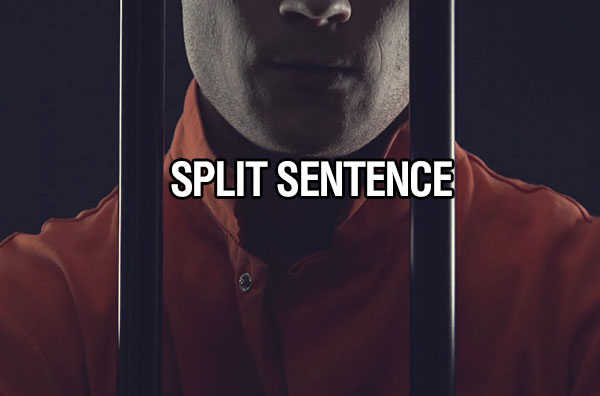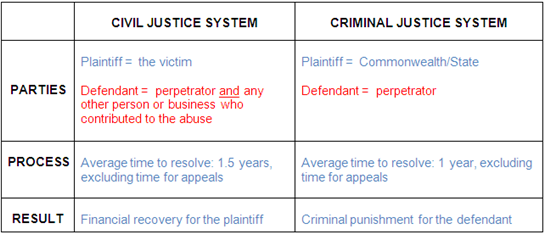Once he has been arrested and is in prison, sure think of only one thing: how to get out.
In general, getting out of jail is accomplished by paying a “bail”. Bail is usually cash or an asset with monetary value that you provided to the court in exchange for his promise to appear when ordered to do so.
Generally, if you appear before the court when required after leaving prison, the court will return your bail. However, if you fail to appear, the court will keep your bail and likely issue an arrest warrant against you, which means that it will return to prison.
The process of determining bail
If you have been arrested, you probably want to know what your deposit as soon as possible. If you must see a judge before a determination of their bail, probably spend some time in prison, perhaps a weekend (some times this is a tactic employed by the police: you are arrested on a Friday, which means that as soon as you see a judge to determine the bail is Monday), and even up to five days. However, if you were arrested for a type of crime, jails often have a chart that can be used to determine standard amounts of bail, and to leave alone should pay the amount stipulated.
The eighth amendment of the Constitution of the united States determines that it is prohibited to fix the amount of excessive bail against detainees. This is so for not being able to use the bail as a way for the government to raise money or to punish a person for having been arrested. The eighth amendment is intended to ensure that the deposit is not used with a purpose other than to ensure that a detainee appear before the court at the time indicated. The security deposit may not exceed an amount reasonable to accomplish that end.
Despite the theory behind the eighth amendment, judges often provide bail amounts high to prohibit a detainee out of prison. This type of bond excess is often used for people who have been arrested on suspicion of drug trafficking, homicide or other crimes for which it is very possible to escape. Many people have claimed that this type of large fine violates the eighth amendment, but almost no one has had success.
There are also cases in which bail is determined in a reasonable amount, but even so the detainee cannot afford to pay. When this happens, the detainee must wait to ask the judge to reduce the amount of the bail in a special hearing of or during the first court appearance of the accused before the court. Depending on your special situation, the judge may choose to decrease the amount of your bond, which can give the output of prison.
Payment of the deposit
When you “pay the deposit”, is paying the amount that was determined for his bail. Normally, this can be done in a few days, including:
- the payment in cash or check for the amount of your bail;
- the assignment of the rights of ownership of an asset that has monetary value, equivalent to or higher than the amount of your bail;
- the delivery of a guarantee (a promise of payment if you do not appear) for the total amount of your bail; or
- the signing of a statement indicating who will appear before the court in due time, usually called “parole”.
Usually, if they can release it under the word, you should try to take advantage of that option. However, many people are forced to purchase a surety guarantee in order to get out of prison. A guarantee is very similar to a check that you deliver to a friend and asks him not to deposit it until you tell him that you can do it. Generally, the purchase price of the warranty is around 10% of the value. Therefore, if your bail is set at $5000, you may have to pay about $500 for the purchase of a guarantee bond.
If you have the possibility, it is best to avoid the purchase of a guarantee bond to get out of prison and choose another alternative. If you appear before the court and complies with all your requirements, generally we will refund the total amount of the deposit (less some administrative fees under part of the court). However, if you acquire a guarantee of bail, already deducted the 10% of the amount of your deposit (which is usually not refundable) and probably also need to provide the guarantor with a guarantee high school in order to obtain your warranty (such as a real right on your car or housing). If you do not appear before the court when required, the guarantor can collect guarantee high school that you gave, which means that you can sell your goods and keep the money from the sale.
Parole
As mentioned above, if you have the option to go free under word, you must take advantage of this opportunity. In general, in order to remain free under word, you simply need to sign a document agreeing to appear before the court when ordered to do so.
To go free under word, you should probably apply at your first court appearance before a judge. If you deny this request, you can always request a lower amount of bail.
Certain factors can lead to a judge to release it under the word, and many of them have to do with its links with the community in which he was arrested. The factors that could justify their request for release on your own recognizance include:
- have close relatives who are resident in the community;
- having been raised or lived in the community for a number of years;
- to have a job in the community;
- not have a criminal record, not even misdemeanors; and
- have a good record of appearances before the court when due to do so before.










